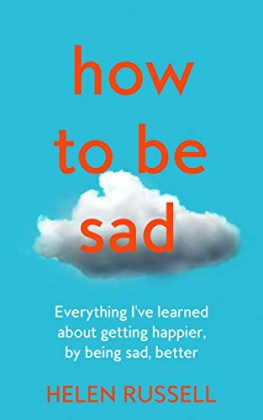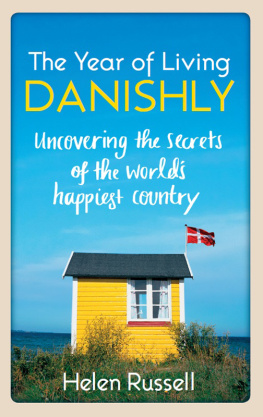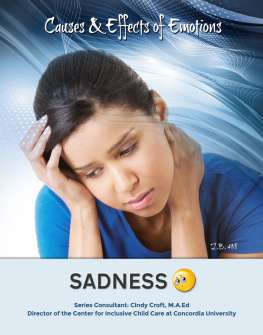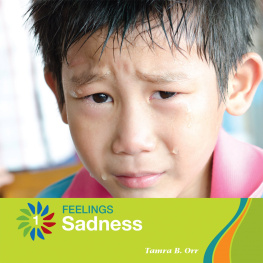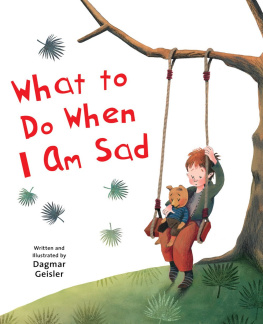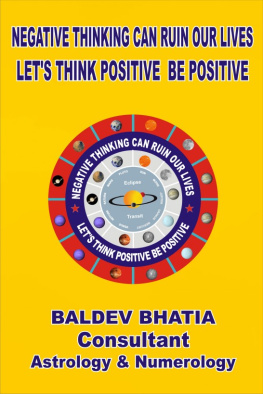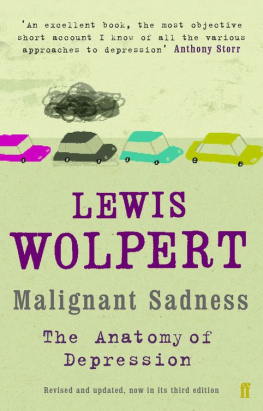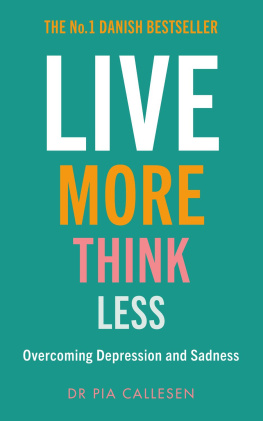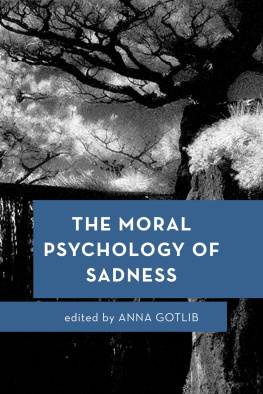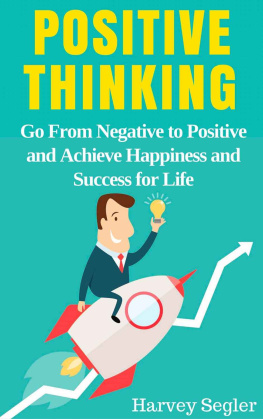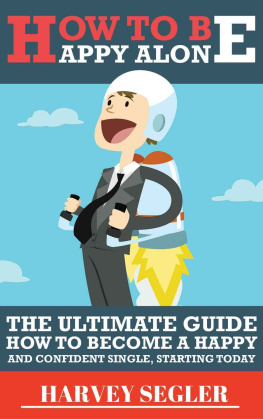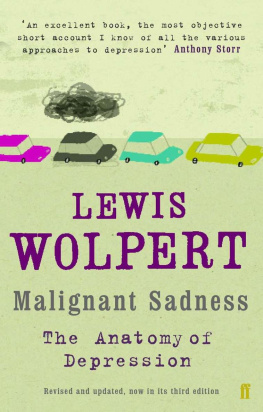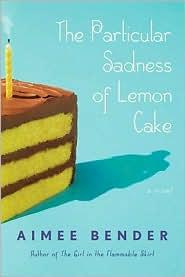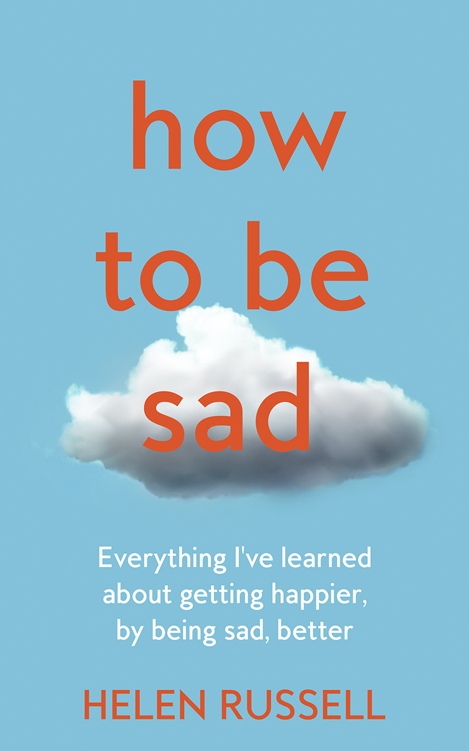HOW TO BE SAD
Everything Ive learned about getting happier, by being sad, better
Copyright
4th Estate
An imprint of HarperCollinsPublishers
1 London Bridge Street
London SE1 9GF
www.4thEstate.co.uk
HarperCollinsPublishers
1st Floor, Watermarque Building, Ringsend Road
Dublin 4, Ireland
This eBook first published in Great Britain by 4th Estate in 2021
Copyright Helen Russell 2021
Cover cloud image Shutterstock
Helen Russell asserts the moral right to be identified as the author of this work
A catalogue record for this book is available from the British Library
Information on previously published material appears here .
All rights reserved under International and Pan-American Copyright Conventions. By payment of the required fees, you have been granted the non-exclusive, non-transferable right to access and read the text of this e-book on-screen. No part of this text may be reproduced, transmitted, down-loaded, decompiled, reverse engineered, or stored in or introduced into any information storage and retrieval system, in any form or by any means, whether electronic or mechanical, now known or hereinafter invented, without the express written permission of HarperCollins
Source ISBN: 9780008384562
Ebook Edition March 2021 ISBN: 9780008384579
Version: 2021-01-19
Dedication
If you picked this up: its for you.
I wrote it for you (and also my mum)
Contents
Cover
Title Page
Copyright
Dedication
Introduction
PART I: HOW TO LOOK AFTER OURSELVES WHEN WERE SAD
1. Dont Fight It
2. Lower Expectations
3. Take Time. Be Kind
4. Avoid Deprivation
5. Avoid Excess
6. Get Mad
PART II: HOW TO TALK ABOUT BEING SAD
7. Shake off Shame
8. Stop Apologising for Feeling
9. The Fallacy of Arrival
10. Summit Syndrome
11. Get Some Perspective
12. Get More Perspective
13. The Tipping Point
14. Going Pro
15. The Buddy System
16. Support Network Needed
PART III: STUFF TO DO WHEN YOU RE SAD
17. Take Your Culture Vitamins
18. Read All About It
19. Get Out (& Get Active)
20. Get Even, Mind
21. Get Even, Body
22. Do Something for Someone Else
Epilogue
Acknowledgements
Footnote
Endnotes
About the Author
Also by Helen Russell
About the Publisher
Introduction
W E RE EATING ORANGES in the sunshine. Sitting cross-legged on freshly cut grass, in a cemetery. The woman next to me is wearing a red beret and weeping. This isnt our usual meeting place normally thered be baked goods and a coffee frother involved. But today, my mother and I have made a pilgrimage, to be dwarfed by giant fir trees, feel the sun on our skin and a sadness deep within. Its not most peoples idea of a fun day out, but it is important I know. Because having spent the past eight years researching into happiness worldwide, Ive inadvertently become something of a specialist in sadness.
I began to notice that many of the people I met were so obsessed with the pursuit of happiness that they were phobic about feeling sad. Id speak to people who had just lost loved ones who would ask how they could be happy. Id meet people whod recently been made redundant. Or homeless. Or had a bad break-up. Or those with caring responsibilities who werent being properly looked after themselves. Or people experiencing truly terrible things who still asked: So why arent I happy? I would try to explain that, sometimes, we need to be sad. How sadness is what were supposed to feel after a loss and how sorrow is the sane response when sad things happen. But a lot of us are conditioned to be so averse to negative emotions that we dont even recognise them, much less acknowledge them or give ourselves permission to feel and process them. Ive lost count of the number of people whove said, I just want to be happy, at times when this is almost impossible. When we lose a job, or a home, or a relationship, or a family member or anything its normal to be sad.
Sadness is defined as the natural response to emotional pain, feelings of loss, helplessness, hopelessness or disappointment. Sadness is normal. Its also inevitable. As Desmond Tutu said: I am sorry to say that suffering is not optional. Or, in the words of Westley from The Princess Bride: Life is pain Anyone who says differently is selling something.
Sadness happens, to all of us sometimes in heartbreakingly awful ways. Only, in much of the world, were pretty poor at handling it. This can be isolating for those experiencing it and baffling for those trying to help loved ones through tough times.
There will always be tragedy. There will always be loss. And therell be day-to-day troubles, too from the mundane, to the dispiriting and demotivating. Sadness is far more layered and complex than happiness and its everywhere. We cant avoid sadness. But we can learn to handle it better. And its high time we started talking about it. Because the current approach to so-called negative emotions isnt working and sadness can actually be helpful. As the Danish philosopher Kierkegaard writes: there is bliss in melancholy and sadness and researchers from the University of New South Wales have found that accepting and allowing for temporary sadness helps to improve our attention to detail, increases perseverance, promotes generosity and even make us more grateful for what weve got. [1] Sadness has a point. It can tell us when something is wrong, if we let it. Sadness is the temporary emotion that we all feel on occasions when weve been hurt or something is wrong in our lives. It is a message.
We depend on each other to survive as a species and sadness is the emotion that makes us remember this [2] because the most common ways to avoid sadness are really ways to avoid feeling. Like trying not to get too close to someone for fear of getting hurt (Ive been there ). Or avoiding the pursuit of meaningful goals in case we fail at them (check ). Or forming addictions to blot out the pain or numb our senses and so protect ourselves [waves]. Or working all the time, busying ourselves with the hamster wheel of life and distracting ourselves from uncomfortable feelings by scrolling through social media, just for example (is it hot in here?). If we aim to avoid sadness, even a little, we limit our existence and put ourselves at greater risk of normal sadness tipping over into something more serious.
Suppressing negative or depressive thoughts, to the extent that many of us probably do on a daily basis, has been proven to backfire spectacularly, resulting in depressive symptoms, according to studies. The Harvard University psychologist Daniel Wegner famously led a thought experiment in 1987 where subjects were told not to think about white bears, [3] inspired by the Russian writer Dostoevsky, who once wrote: Try to pose for yourself this task: not to think of a polar bear, and you will see that the cursed thing will come to mind every minute. [4]

